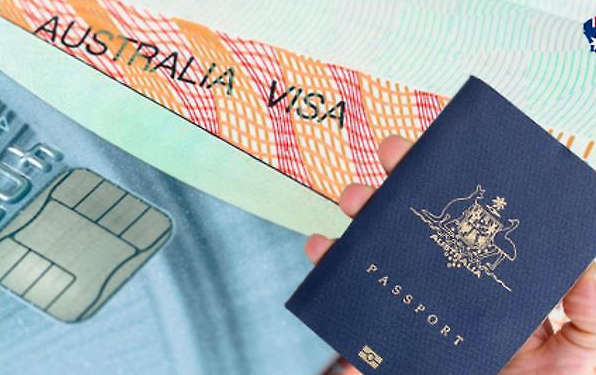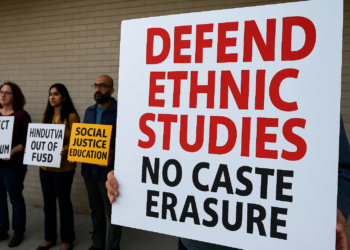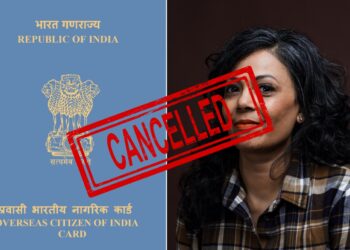According to the state, new guidelines for minimum point scores and years of work experience have also been implemented. Obtaining sufficient points to qualify for one of the NSW government-sponsored visas that would put them on a route to residency is virtually impossible for Indian overseas student graduates in talent shortage sectors. On September 7, the New South Wales (NSW) government made available its skill lists for the 2022–2023 migration year.
According to migration agents, this is not only unfair to overseas students in particular fields who have long been drawn to study in Australia by the promise of permanent residency, but it also goes against federal government initiatives to boost the proportion of overseas graduates who stay on to work and then pursue immigration pathways.
The federal government boosted the number of permanent migration slots for the 2022–2023 fiscal year by 35,000 to 195,000 at the recent Jobs and Skills Summit.
The New South Wales government received more than 12,000 visa slots for its skilled migration programme in 2022–2023. As a result, it has recently announced new visa conditions that include employment restrictions for those applying for Subclass 190 (Skilled Nominated [Permanent residency]) and 491 (Skilled Work Regional [Provisional]) visas.
For the fiscal year 2022–2023, a number of Australian states, including NSW, have decided to accept applications from both onshore and offshore applicants.
At the Australian and New Zealand Standard Classification of Occupations (ANZSCO) unit group level, NSW invites and nominates Skill-select expression of interest (EOI) candidates.
Applicants must possess skills in a profession that is both qualified for and falls under an ANZSCO unit group listed on the skills list for the visa they are pursuing in order to qualify for an NSW nomination.
The statement said, “To be eligible for NSW nomination you (applicant) must meet the minimum point score and minimum years of work experience in your occupation’s ANZSCO unit group”.
Engineering, IT, and accounting graduates are anticipated to move in large numbers to other states in the expectation of finding sponsorship for 190 or 491 visas in countries with less demanding standards than NSW, according to Karl Konrad, founder of Australian Immigration Law Services.
For former overseas students who currently reside in NSW, the NSW occupation listings for the two sponsored visa categories were “not good news,” according to Mr. Konrad.
He said, “The NSW government is sending a clear message to accounting, ICT, and engineering graduates with the high points and work experience requirements that with these occupations you are unlikely to find a pathway to state sponsorship unless you find a job in your profession.”
The International Education Association of Australia‘s chief executive, Phil Honeywood, cautioned international students against leaving NSW if they believed it would be too difficult to obtain a visa.
He said, “It could very well hurt their chances as it suggests a non-genuine commitment to that state. The states typically want to see that the applicant is committed to remaining within the state and won’t jump right back to another state.”
The NSW government, according to Mr. Honeywood, is making an effort to manage expectations while being as clear as it can be about the new locations. He advised graduates to consider relocating to rural regions and taking additional English-language training to strengthen their cases.
However, Mr. Konrad claimed that despite having multiple degrees and professional certifications and having lived in Australia for ten years, including time spent working in their area of expertise, such as accounting, some of his clients would still struggle to accrue enough points to qualify for a visa.
According to reports, many Indian students and workers in Australia have been shocked by the most recent news about visas. Many temporary residents in the state would now be required to either go back or find elsewhere despite worries about a labour shortage. The residents believe they have started from scratch and must start again in another state or go back home.
Many candidates will undoubtedly be disappointed by the new restrictions since they won’t be able to meet the criteria under the new point system and job experience requirements. The new visa requirements would apply to chefs and cooks as well as those who are seeking under the IT, accounting, and engineering streams.
However, the job terms do not apply to primary school teachers, early childhood educators, nurses, midwives, and general practitioners. There is no need for job experience in professions like teaching and health care.











